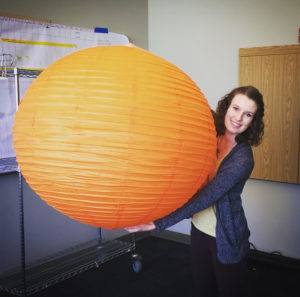Attack. It was a word I heard often throughout my prep tennis career. “Attack the net.” “Attack the serve.” “Attack the baseline.” You know the drill.
“Attack” was always something I controlled and carried out, something orchestrated, calculated and decided by minute adjustments in grip, swing and step. I knew how, when and where to attack. Attacking meant winning.
“Attack” means something different in the autoimmune world, I’ve learned this year.
Celiac disease is an autoimmune disease. My body attacks itself, without my permission, attacking until I ended up in the emergency room, pumped full of blood and fluids and powerlessness.
That’s the thing about autoimmunity. I am no longer the attacker; I am the one being attacked, by my own body, my own cells, my own biology. The roles reversed in unnerving, invisible clarity.
“I’m tired” cruelly colors everyday conversation, and this year has revealed its pervasiveness. At the height of my illness, I almost felt hurt when friends said, “I’m tired” in response to, “How are you?” when I was powerless in explaining my own exhaustion. I couldn’t control my energy levels with rest, and I couldn’t even control the English language enough to express it.
As a writer, I should have the words for everything, I long believed; if I can’t control the physical circumstances, I can control the words that describe and define them. Lost in the language I’ve devoted my life to mastering, I felt unmoored, unsure.
I’m feeling better now, nearly recovered, in fact. My words are still jumbled, and they don’t quite fit together; but one of the cool things about feelings is their intangibility, I’ve learned. I still can’t capture exactly how I felt during the months of extreme exhaustion, and for once, I’m fine with it.
I’ve started playing tennis again regularly since regaining my strength. At moments, I almost don’t trust it, as if a freak wind gust or rainstorm will strip me of any court control I had; slowly, glacially, I’m learning to embrace the moments I’m not in control. The weird bounce the ball takes when it hits a crack on the court. The wind gust that turns my forehand shot into a last-ditch backhand. The illness that has taught me so much, even in the tedious moments of IVs and biopsies and blood draws.
The act of writing about it, of trying to express it, is a victory alone. For me, attacking means writing.

